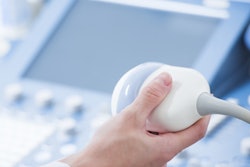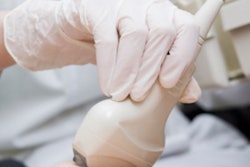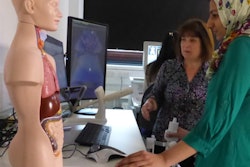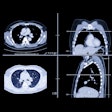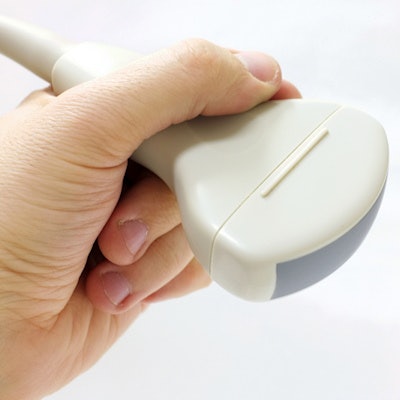
Simulator-based training shows considerable promise for improving the abdominal diagnostic ultrasound performance of radiology trainees, according to a Danish study published online on 7 January in European Radiology.
Abdominal ultrasound proficiency can take time to develop, and trainees learn at different rates -- which can affect patient care, noted a team led by Dr. Mia Louise Østergaard of Copenhagen University Hospital. The study findings suggest a simple, cost-effective way to boost operators' skills.
"Simulation-based mastery learning can prevent patients from bearing the burden of the initial steep part of trainees' learning curve," the group wrote.
Østergaard's team conducted a study that included 20 radiology residents from 10 different hospitals. Residents were randomized into two groups: those who underwent simulator-based training until they could pass a final test scored by a blinded reviewer, and those who received no such additional instruction before undergoing standard clinical ultrasound training.
Of the study cohort, 11 residents received the simulation training and nine received standard training. The simulator training included 49 cases with 69 different pathological findings presented in nine modules.
The simulator training included three different learning modes:
- Question and answer, which allowed participants to mark a pathologic or anatomic finding
- Region of interest (ROI), in which a list of all ROIs in the case was displayed; participants could activate a marker on the appropriate ROI
- Finding mode, which offered a list of pathologic findings, with still frame images displayed opposite the "live" case
Simulator training participants practiced in all the modules until they had mastered the cases in module nine and were ready for a final test. All study participants' performance was scored on a five-point scale that evaluated the following measures: knowledge of equipment, image optimization, systematic examination, image interpretation, and documentation.
Ten of the 11 residents who participated in the simulator training passed the mastery test on their first try, the group wrote. The training was completed on average five days before the start of regular clinical ultrasound training.
Østergaard and colleagues found that those residents who underwent simulator-based training had significantly higher performance scores for their first 29 actual patient scans (conducted during regular clinical ultrasound training), with a p-value of 0.001, compared with those residents who did not receive the training. The two groups' performance was comparable after 79 scans.
"This study showed a statistically significant improvement in scanning performance on patients after simulation-based mastery learning in diagnostic abdominal ultrasound for radiology residents," the authors wrote. "The improvement was seen for the first 79 scans with statistically significant differences for the first 29 scans."
Not only is a simulation-based mastery learning program feasible, but it also incorporates additional learning tactics, they noted.
"The simulation-based mastery training approach also allows for integration of other well-established learning strategies, such as timely feedback, testing effect, and deliberate practice," the researchers concluded.




